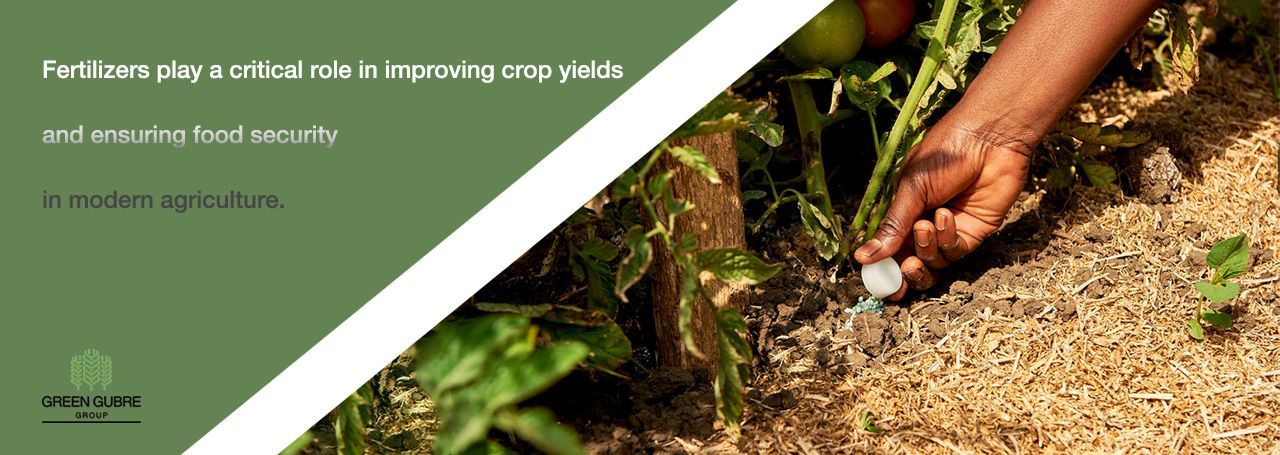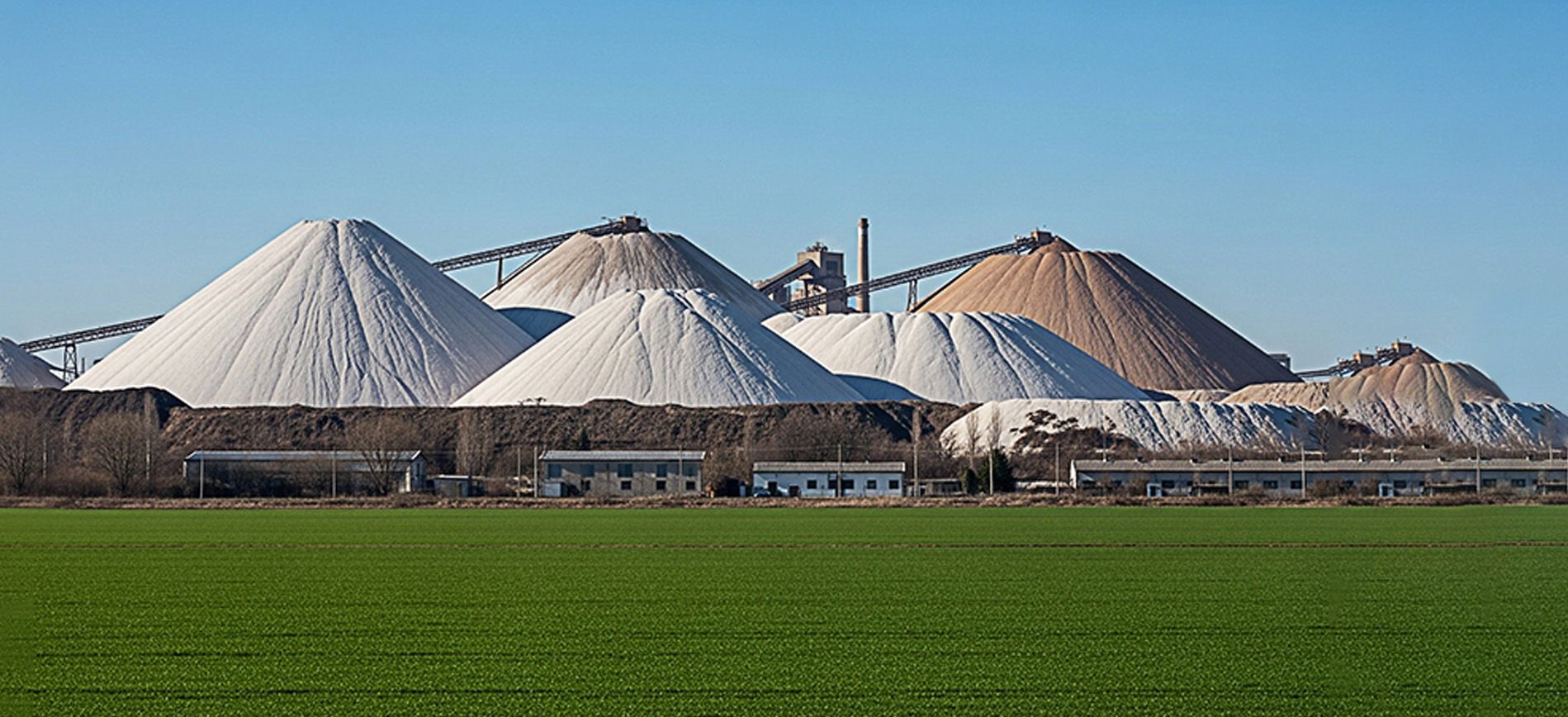The Importance of Fertilizers in Modern Agriculture
The Importance of Fertilizers in Modern Agriculture

With the growing global population, the demand for higher agricultural productivity has increased, making fertilizers indispensable. This blog explores how fertilizers such as Urea 46% and NPK fertilizers help replenish soil nutrients and improve crop performance.
1. What Are Fertilizers and Why Are They Important?
Fertilizers are substances that provide essential nutrients to crops, including nitrogen (N), phosphorus (P), and potassium (K). These elements are critical for plant growth but are often depleted from the soil after each growing season. Fertilizers restore these nutrients, allowing plants to grow more robustly. Without the use of fertilizers, modern farming would not be able to keep pace with global food demands.
2. Types of Fertilizers and Their Uses
There are several types of fertilizers, each with different benefits depending on the type of crop and soil condition:
- Urea 46%: One of the most widely used nitrogen-based fertilizers, Urea 46% is highly concentrated, providing plants with the nitrogen they need to grow. It is commonly used for wheat, maize, and rice cereal crops.
- Ammonium Nitrate: Another popular nitrogen fertilizer, Ammonium Nitrate is known for its fast-acting properties, making it ideal for crops that require quick nutrient uptake.
- NPK Fertilizers: These fertilizers provide a balanced mix of nitrogen, phosphorus, and potassium, making them versatile for use across various crops and soil conditions.
3. Sustainable Fertilizer Use: Best Practice
While fertilizers are essential for crop production, overuse can lead to environmental issues like soil degradation and water pollution. Sustainable fertilizer practices are crucial for minimizing these risks:
- Precision Application: Using fertilizers at the right time and in the correct quantities ensures that plants absorb nutrients efficiently, reducing runoff and waste.
- Soil Testing: Regular soil testing helps determine the exact nutrient needs of the soil, preventing over-fertilization.
- Slow-Release Fertilizers: Opting for slow-release fertilizers ensures a steady supply of nutrients to crops over time, reducing the risk of leaching into groundwater.
In conclusion, fertilizers are vital to modern agriculture, ensuring that farmers can produce enough food to meet the growing global demand. By using fertilizers like Urea 46%, Ammonium Nitrate, and NPK fertilizers, farmers can improve crop yields while also maintaining the health of their soil. However, it is important to apply fertilizers responsibly to promote sustainable farming practices and protect the environment.




